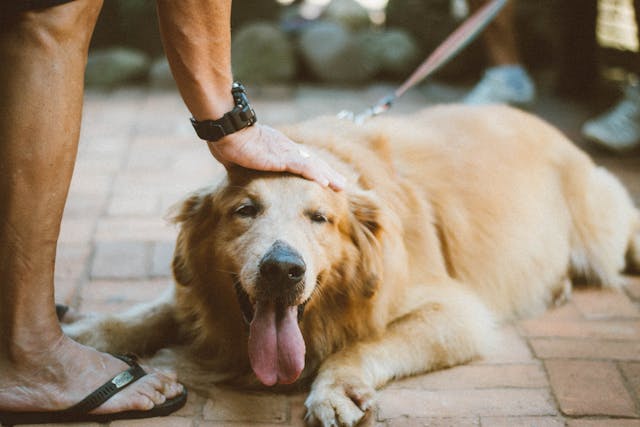Taking care of a dog involves more than just providing food and water. It requires a commitment to their physical, mental, and emotional well-being. Here are some essential dog care tips to ensure your furry friend stays happy and healthy.
1. Proper Nutrition
A balanced diet is crucial for your dog’s health. Dogs require a mix of proteins, fats, carbohydrates, vitamins, and minerals. Choose high-quality commercial dog food or prepare homemade meals with guidance from a veterinarian. Avoid feeding your dog table scraps and foods that are toxic to dogs, such as chocolate, grapes, and onions. Always ensure they have access to fresh water.
2. Regular Exercise
Exercise is vital for maintaining your dog’s physical health and mental well-being. Different breeds have varying exercise needs, so tailor the activity to your dog’s energy level and age. Daily walks, playtime, and interactive toys can help prevent obesity, reduce behavioral problems, and strengthen the bond between you and your pet.
3. Routine Veterinary Care
Regular veterinary check-ups are essential to catch any health issues early. Schedule annual or bi-annual vet visits for vaccinations, dental care, and general health assessments. Keep an eye on your dog’s weight, coat condition, and behavior, and consult your vet if you notice any changes.
4. Grooming
Regular grooming helps keep your dog clean and comfortable. Depending on the breed, grooming needs can range from occasional brushing to professional grooming sessions. Bathing your dog as needed, trimming their nails, cleaning their ears, and brushing their teeth are all important aspects of grooming. Regular grooming can also help you spot any signs of skin issues or parasites early.
5. Training and Socialization
Training is crucial for a well-behaved dog. Start with basic commands like sit, stay, come, and down. Positive reinforcement techniques, such as treats and praise, are effective for training. Socialization is equally important. Expose your dog to different people, environments, and other animals to build their confidence and reduce anxiety.
6. Mental Stimulation
Dogs need mental stimulation to stay happy and prevent boredom. Provide puzzle toys, engage in interactive games, and rotate toys regularly to keep them interested. Teaching new tricks and commands can also provide mental challenges that keep your dog sharp.
7. Safety and Identification
Ensure your dog’s safety by creating a secure home environment. Keep harmful substances out of reach, and provide a safe space for them to retreat to when they need rest. Use a collar with an ID tag and consider microchipping your dog for added security in case they get lost.
8. Healthy Weight Management
Obesity in dogs can lead to various health issues, including diabetes, joint problems, and heart disease. Monitor your dog’s weight and adjust their diet and exercise routine as needed. Consult your vet for guidance on maintaining a healthy weight.
9. Vaccinations and Preventative Care
Vaccinations protect your dog from common diseases. Keep up with your dog’s vaccination schedule and use preventative treatments for fleas, ticks, and heartworms. Regularly check for any signs of parasites and consult your vet for the best prevention methods.
10. Emotional Well-being
Dogs are social animals and need companionship. Spend quality time with your dog, provide plenty of affection, and include them in family activities. Recognize signs of stress or anxiety, such as excessive barking, licking, or destructive behavior, and address them promptly.
Conclusion
Caring for a dog is a rewarding responsibility that requires dedication and knowledge. By providing proper nutrition, regular exercise, veterinary care, grooming, training, and a safe, loving environment, you can ensure your dog leads a happy and healthy life. Remember, a well-cared-for dog is not only a joy to have around but also a loyal and loving companion for years to come.

